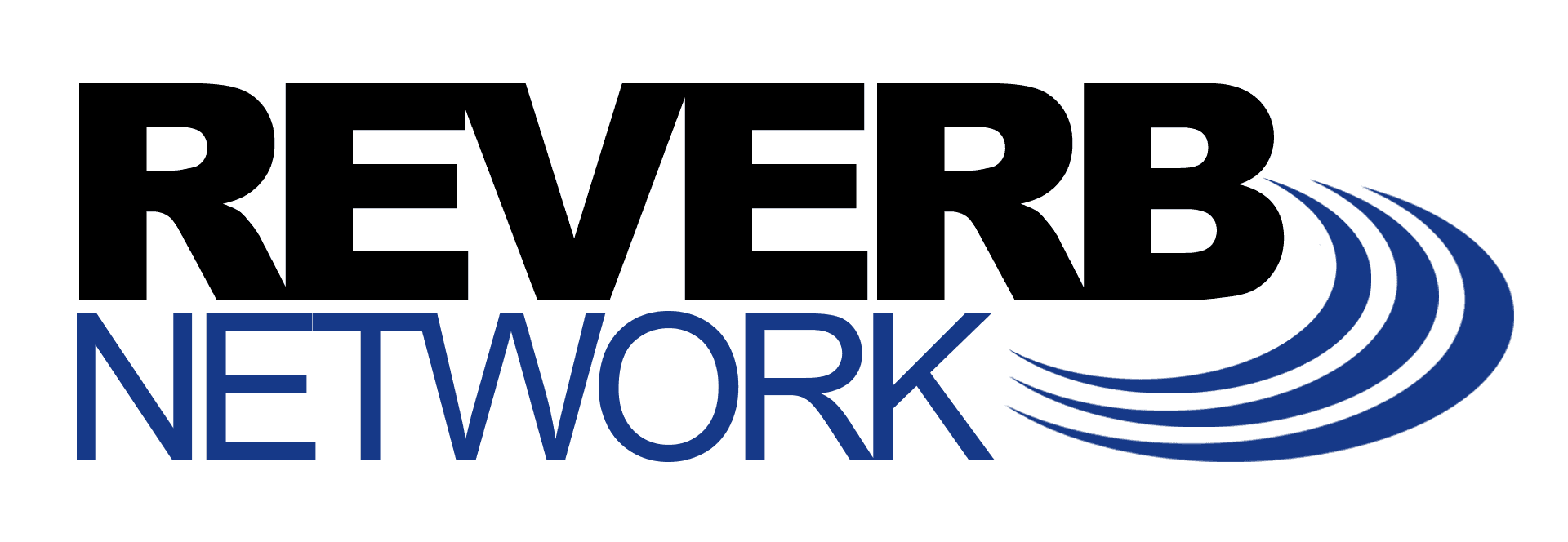The Four Parts of a Compelling Organizational Vision
Luke Kuepfer • March 13, 2020
A compelling organizational vision should include a significant purpose, an ideal picture of the future, clear values, and a list of strategies and goals.
A significant purpose speaks to the ministry or business you are doing. It paints your organization’s reason for existence. Great companies and organizations have a deep and noble sense of purpose that inspires excitement and commitment. People can feel they are making a difference since they know what they are doing and why they are doing it.
A picture of the future answers the question: “What will the future look like if we are successful?” This is not simply an abstract idea but rather a mental image of what you can see with eyes of faith, believing that God has called and equipped you to fulfill your significant purpose.
Clear values speak to what will guide your decisions and behaviors on a daily basis. These need to support the organizational purpose and should be limited to less than five. Rank-ordering your values will ensure you do not have conflict when one needs to be given priority over another.
A list of strategies and goals outlines your plan to achieve your vision. It tells your members what priorities to focus on and gives directions on how to achieve them.
Once leaders clarify and share the vision, they can focus on serving and being responsive to the needs of followers who do the work to achieve the vision.
Several important considerations in closing:
- When followers help create and shape the vision, they take ownership.
- The more you talk about your vision and focus on it, the clearer it becomes and the more it’s understood.
- As others see you living the vision, they will believe you are serious, and this will further deepen their understanding and commitment.
[Next week we will wrap up this KNOWING section with senior leader responsibilities.]














